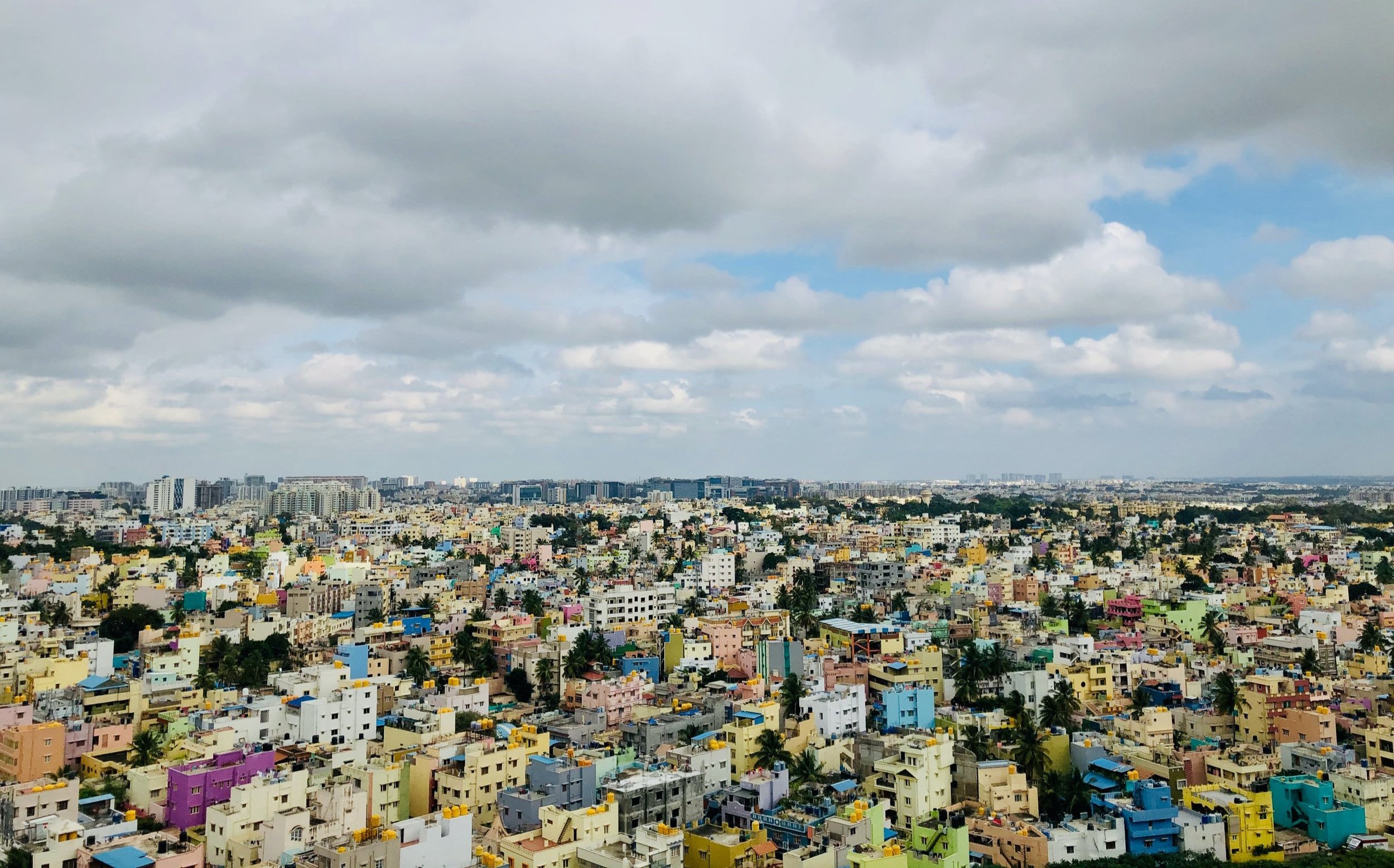
THE BAMBOO CITY
Is Bamboo a Nature Based Solution for Carbon Neutral and Regenerative City?
“The era of global warming has ended; the era of global boiling has arrived. Leaders must lead. No more hesitancy. No more excuses. No more waiting for others to move first. There is simply no more time for that. It is still possible to limit global temperature rise to 1.5 degrees Celsius and avoid the very worst of climate change. But only with dramatic, immediate climate action.”
- UN Secretary-General António Guterres
In India, 461 million people are living in cities, and this number is growing by 2.3% each year. We still need to build 70 to 80% of the infrastructure that will be required by 2050.
Introduction
The number of people living in cities is increasing worldwide. Currently, 55% of the global population lives in urban areas, and this is expected to rise to 60% by 2030. In India, 461 million people are living in cities, and this number is growing by 2.3% each year. We still need to build 70 to 80% of the infrastructure that will be required by 2050.
Bengaluru, which had a population of 1.2 million in 1960, now has thirteen million residents. This rapid urbanization places a lot of pressure on the city's environment. People are moving to cities in search of better opportunities, causing the city to expand outwards towards its boundaries. Many people are building new structures near lakes, reducing the amount of water bodies in the city. The number of private vehicles is increasing, leading to more air pollution from traditional building materials. Waste is being dumped into water bodies and open lands, causing water and land pollution. The city's excessive use of concrete reflects sunlight and creates an urban heat island effect, as well as increasing flooding. Urbanization in Indian cities makes them vulnerable to climate change.
This project aims to reduce the effects of climate change on Bengaluru through the use of an eco-friendly and efficient natural material: Bamboo. Bamboo is a great building material and absorbs carbon dioxide. Bamboo was recognized as a solution for climate change at COP 27. The project includes a plan to plant bamboo across the city and incorporate it into the construction sector through prototype buildings.
Various building types have been documented, and bamboo building codes will be updated soon. Suitable bamboo species have been identified for Bengaluru, and stakeholder surveys have been conducted. A master plan for bamboo plantations in both the CBD and peri-urban areas is being developed, along with an action and implementation plan.
Aim
Make Bengaluru a Carbon Neutral City by 2030 and Regenerative thereafter
One bamboo plant per citizen in the city.
The project proposes a 30 % inclusion of bamboo in the construction sector in the city
The project proposes:
SDG’s Addressed
Project Inception and Preparation
When C40 Cities launched the Women4Climate Initiative in Bengaluru in 2022, Ar. Neelam Manjunath, took this as an opportunity under the Women4Climate Cohort Program for Bengaluru, to propose her project to combat climate change in Bengaluru. Having extensive experience in the field of sustainability of over 24 years, and extensively working to mainstream bamboo in the construction industry due to bamboo’s natural properties and its ability to mitigate climate changes, C40 provided a suitable platform for scaling up the project to the city level for grassroots action.
A team of advisors and researchers has been formed to work on this project under CGBMT, Bangalore.
Stakeholders


























